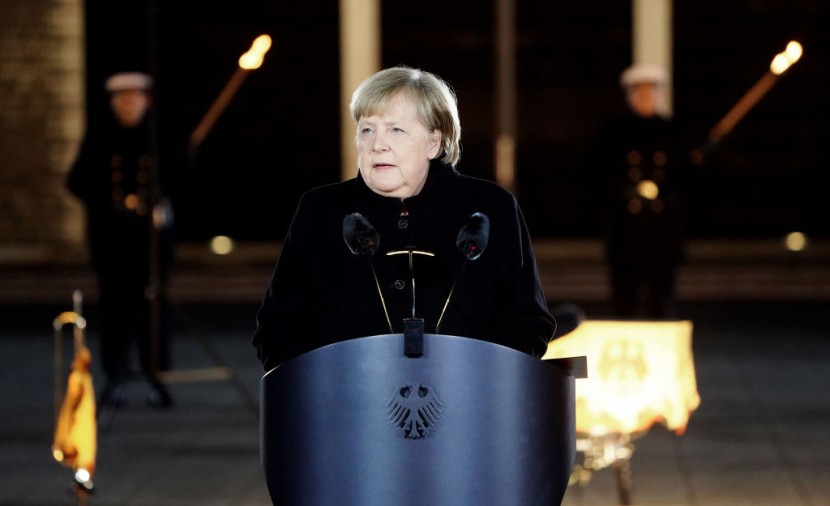
The German government said it was considering adding new measures to prevent the spread of the coronavirus infection amid the new Omicron variant, including vaccine mandates for unvaccinated residents and reinstating lockdown protocols.
On Thursday, the country's government announced new rules that would limit gatherings to "one household" plus two other people. This limitation only affects groups of people, including individuals who have not yet received the coronavirus vaccine or who have not recently recovered from the infection. An exemption to the rule is children younger than 14 years old.
Vaccine Mandate
Authorities will only allow culture and leisure facilities to people who can provide proof of full vaccination or recent recovery. The same requirement will be enforced to nonessential retail where supermarkets and drugstores are the exemption. But in places with higher case rates, private indoor gatherings will be limited to 50 vaccinated or recovered people, or 200 if the event is held outdoors, Washington Post reported.
Chancellor Angela Merkel was the one that announced the new rules on Thursday and said parliament will consider a general vaccine mandate as part of the country's efforts to curb the coronavirus' spread. The decision was made after Germany recorded more than 70,000 new confirmed cases within a 24-hour period.
Merkel said that the new steps were needed to address rising concerns that hospitals in the region could soon become overloaded with coronavirus patients. The situation is worse for people who have not yet gotten vaccinated due to the risk of severe symptoms.
Addressing reporters in Berlin, Merkel said that the situation in Germany is "serious" and called the new measures an "act of national solidarity." The chancellor said officials were unified on a nationwide requirement to wear face masks, limited private gatherings, and an objective of 30 million vaccinations by the end of the year, Fox News reported.
German authorities plan to mandate hospital and nursing home staff to get vaccinated against the coronavirus. Merkel said parliament would discuss the proposal of a general vaccine mandate after getting input from the nation's national ethics committee. If pushed, the mandate could take effect as early as February next year.
German Coronavirus Situation
The German chancellor said that the situation in the country necessitated the implementation of a vaccine mandate. Merkel said that if she were still a lawmaker, she would vote in support of the proposal.
Several months ago, the chancellor suggested that a vaccine mandate will not be effective in helping the nation fight against the coronavirus pandemic but said that it could still be implemented. Currently, there are 68.7% of the German population are vaccinated, which is far below the country's goal of 75%.
Additionally, Austria, which has recently implemented even stricter measures on unvaccinated residents, plans to enforce a vaccine mandate by February. Many people in Germany have widely protested against pandemic measures in the past. The German government's proposal for a vaccine mandate could receive similar opposition, but polls showed that the majority of the region's population was in favor of the measure, KSLTV reported.
Related Article:
© 2025 HNGN, All rights reserved. Do not reproduce without permission.








